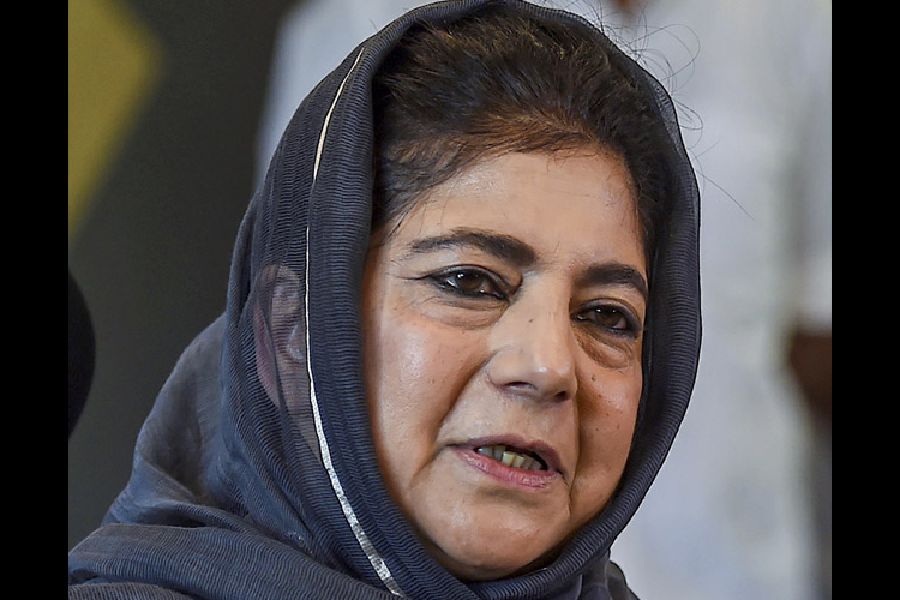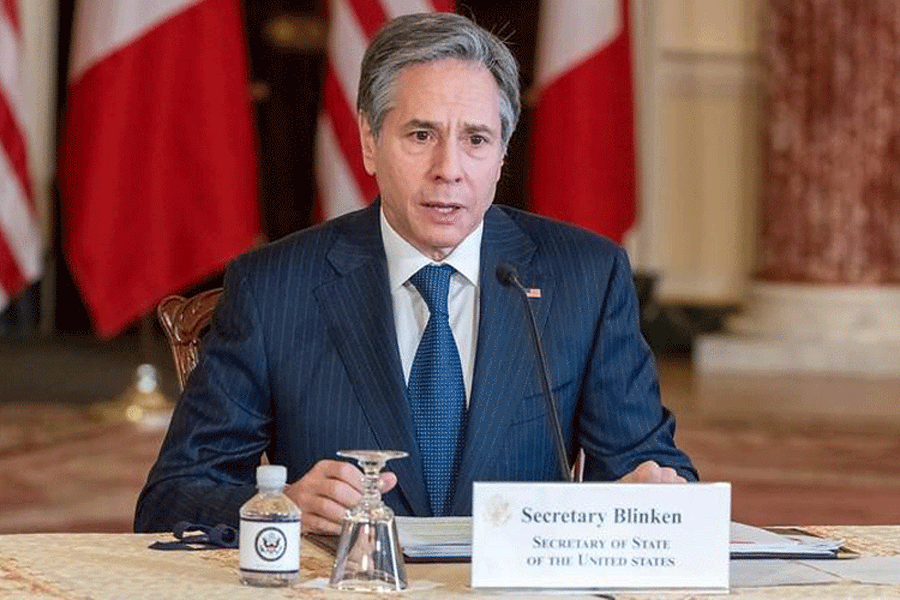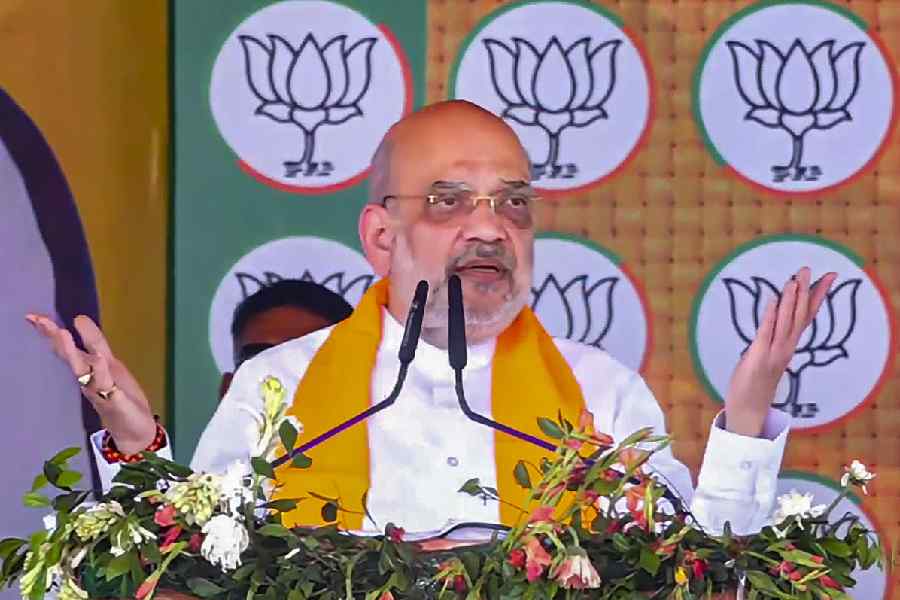The nationalist discourse in India has been preoccupied with religion, language, tribe, caste, region and so on for quite some time. Although the liberal constitutionalism introduced in India after Independence emphasised secular nationalism or civic nationalism, the political turmoil of post-colonial India has often been marked by the contradiction between the civic nationalism propagated by the Indian State and the ethno-nationalism of smaller communities.
However, in recent times, the ethno-nationalistic assertions of the smaller communities have no longer been different from the narrative of greater nationalism in the sense that Hindu nationalism functions as a meta-ethnicity or civic religion. Ethnic cleansing is integral to this nationalistic narrative in the way in which it asserts an ethnic democracy where a dominant group exercises hegemony over ethnic minorities. The problem with this ethno-nationalistic narrative is that it does not leave room for distinguishing between inclusionary and exclusionary concepts of nationhood or a space for mixed or middle ground.
Despite differences in our civilisational narratives, there is a common sphere that has evolved historically among communities where different identities and cultures interact with one another to produce a shared domain of culture. Can ecological nationalism strengthen this shared domain of culture, the way in which ecological imagination connects place and people? The natural landscape and ecology provide a common avenue of sustenance. Natural objects like hills and mountains, rocks and rivers, inspire the nationalistic imagination. Can ecological nationalism then be a possible alternative to ethno-nationalism in a political culture marked by violence, insurgency and militant nationalism?
The term, ‘ecological’, refers to a wide range of phenomena wherein different forms of nationalism are constructed, imagined and mediated. Gunnel Cederlöf and K. Sivaramakrishnan have talked of two different forms of ecological nationalism. The first one is the metropolitan version that emphasises economic and material use of nature and natural resources for the development of the nation. The second viewpoint is indigenous and stands for physical attachment to a place, nature, and the historical memories attached to environment.
Ecological nationalism is not necessarily obsessed with territorial nationalism. Rather, it prioritises local history, traditions, regional geographical spaces, mythical symbolisation of nature and so on. Hence, ecological nationalism is culture-specific, interpretative and creative. Incidentally, the post-colonial Indian State has failed to transcend the legacies of colonialism and continued to create territorial states on the basis of language, culture, geography and administrative convenience.
But for building resilience in a post-conflict situation, we need an alternative narrative through which political communities can define their shared future on the basis of a civilisational ethos of a collective past. Bhupen Hazarika, the singer-philosopher and a cultural icon of Assam, had narrativised such an ecological nationalism through cultural productions depicting the Brahmaputra as a melting pot of diverse communities that strengthen the unity of the nation.
The Brahmaputra river system is the lifeline of many ethnic communities. The ebb and the flow of the river channel the rhythms of agrarian life and the region’s economy. An ecological consciousness centred on the Brahmaputra may foster ecological nationalism in the region. But can such ecological nationalism resist the homogenous and hegemonic vision of development driven by a corporate, communal oligarchy in the name of the nation?
Pankaj Jyoti Gogoi teaches Political Science at Arya Vidyapeeth College (Autonomous), Guwahati










